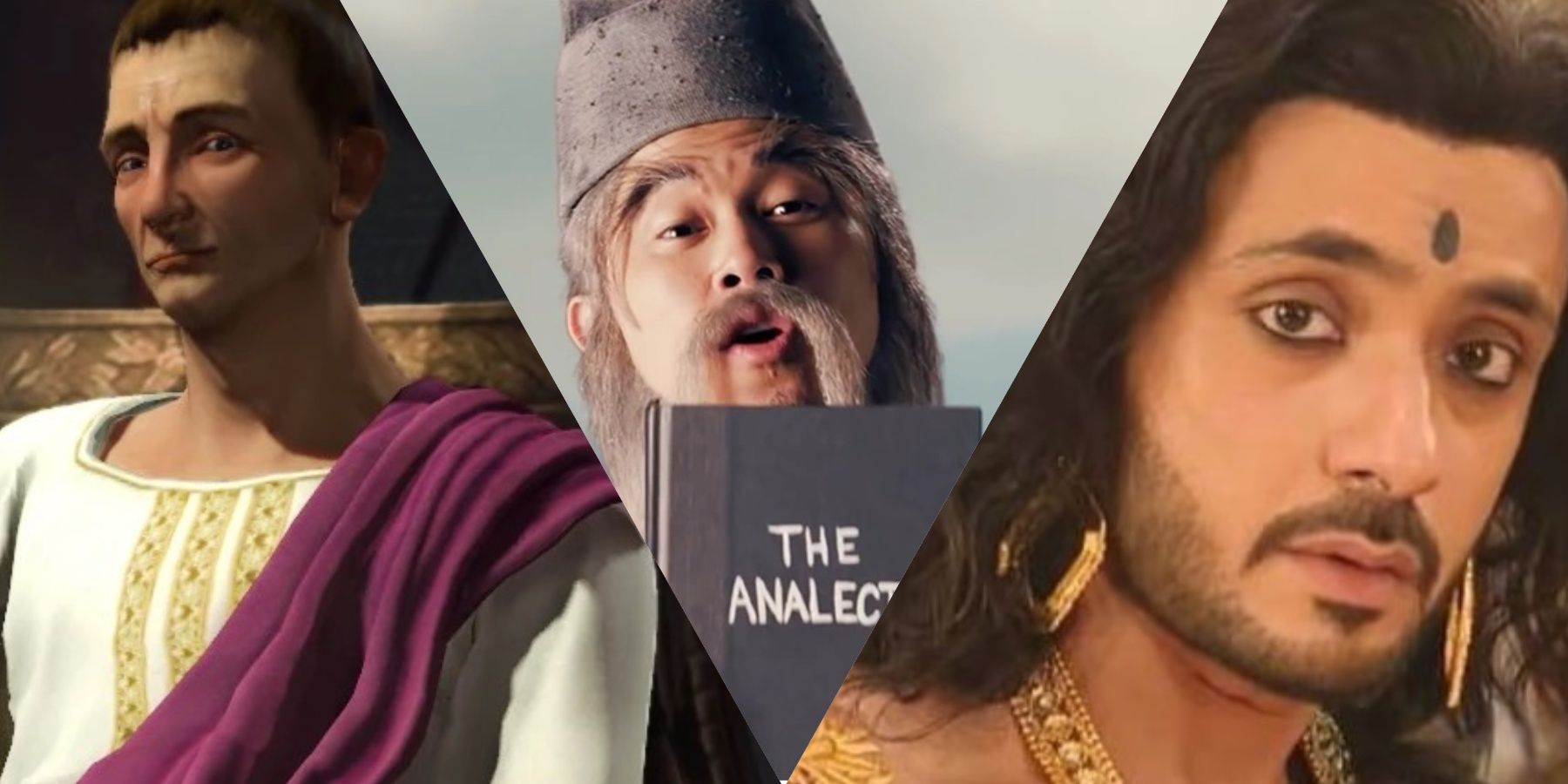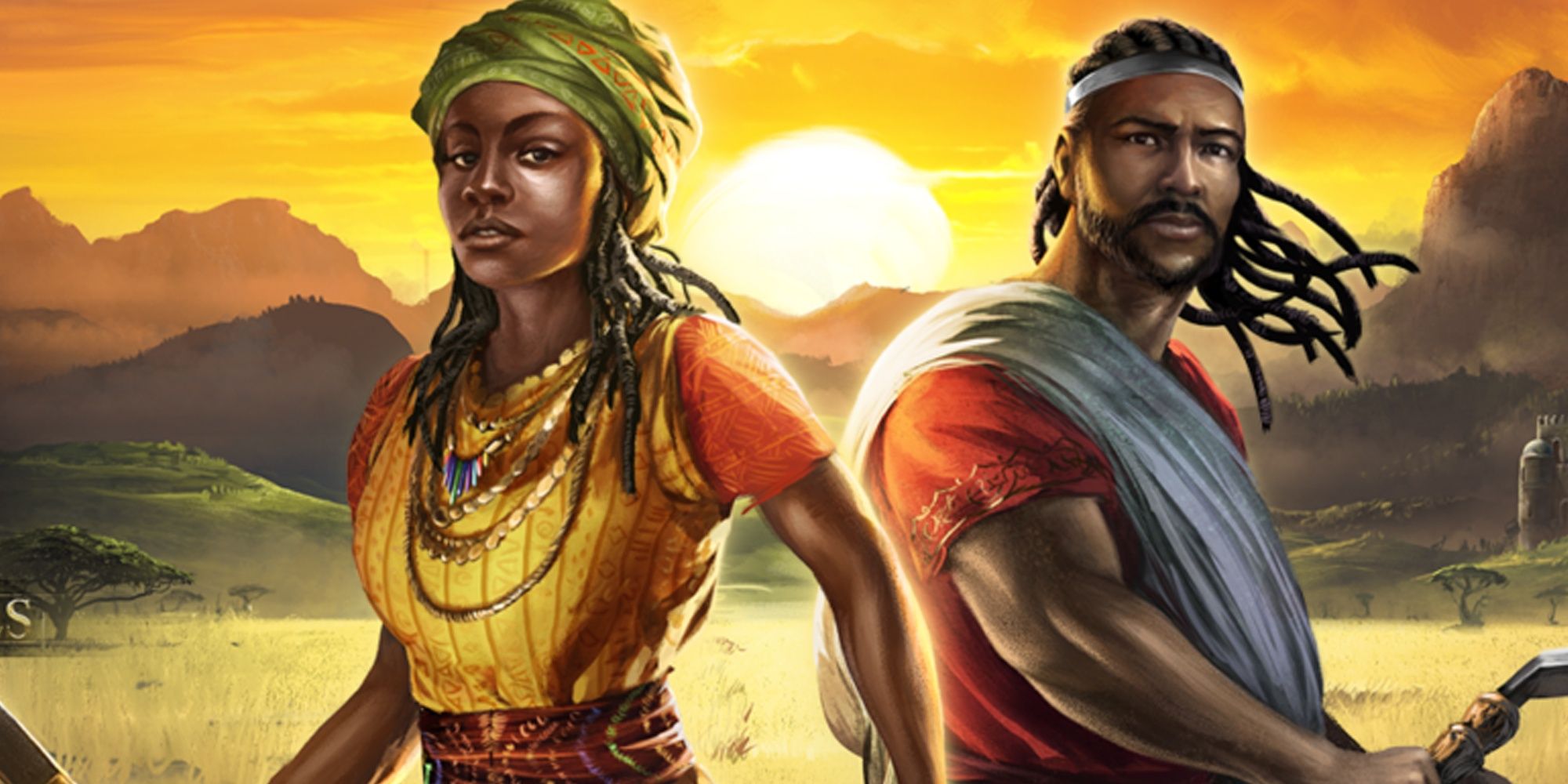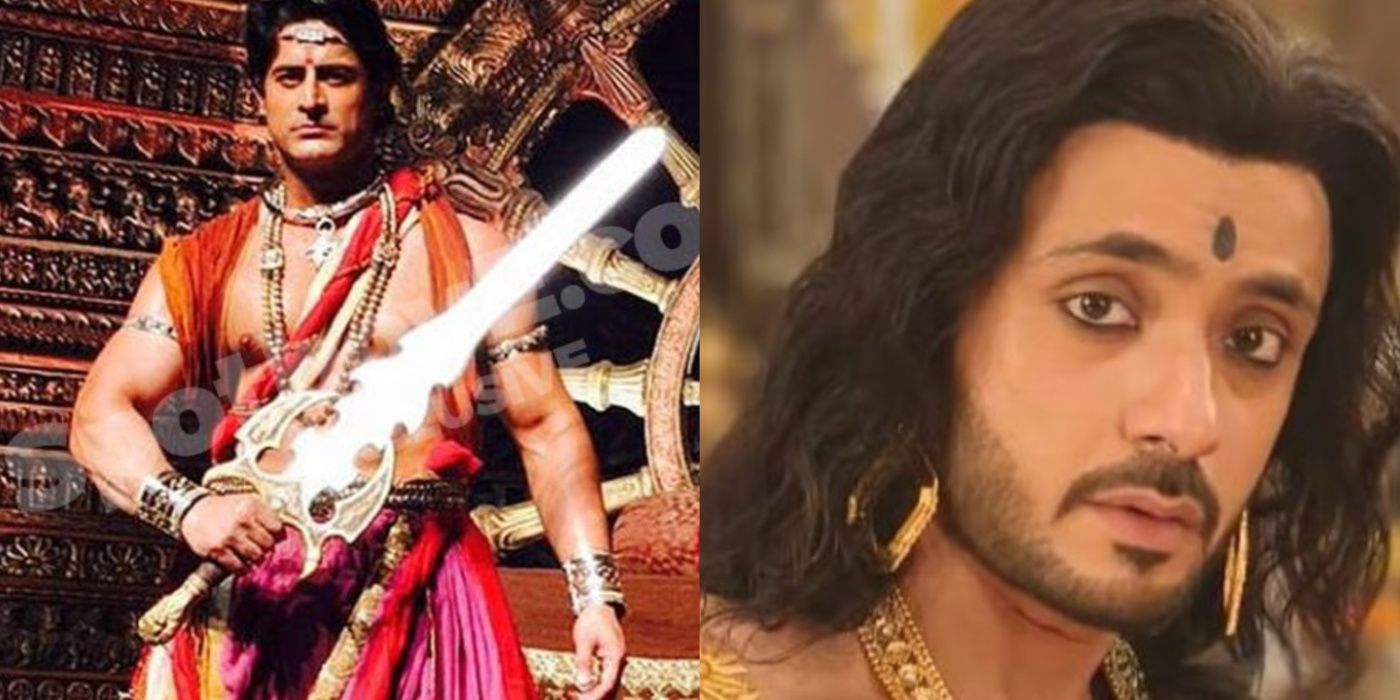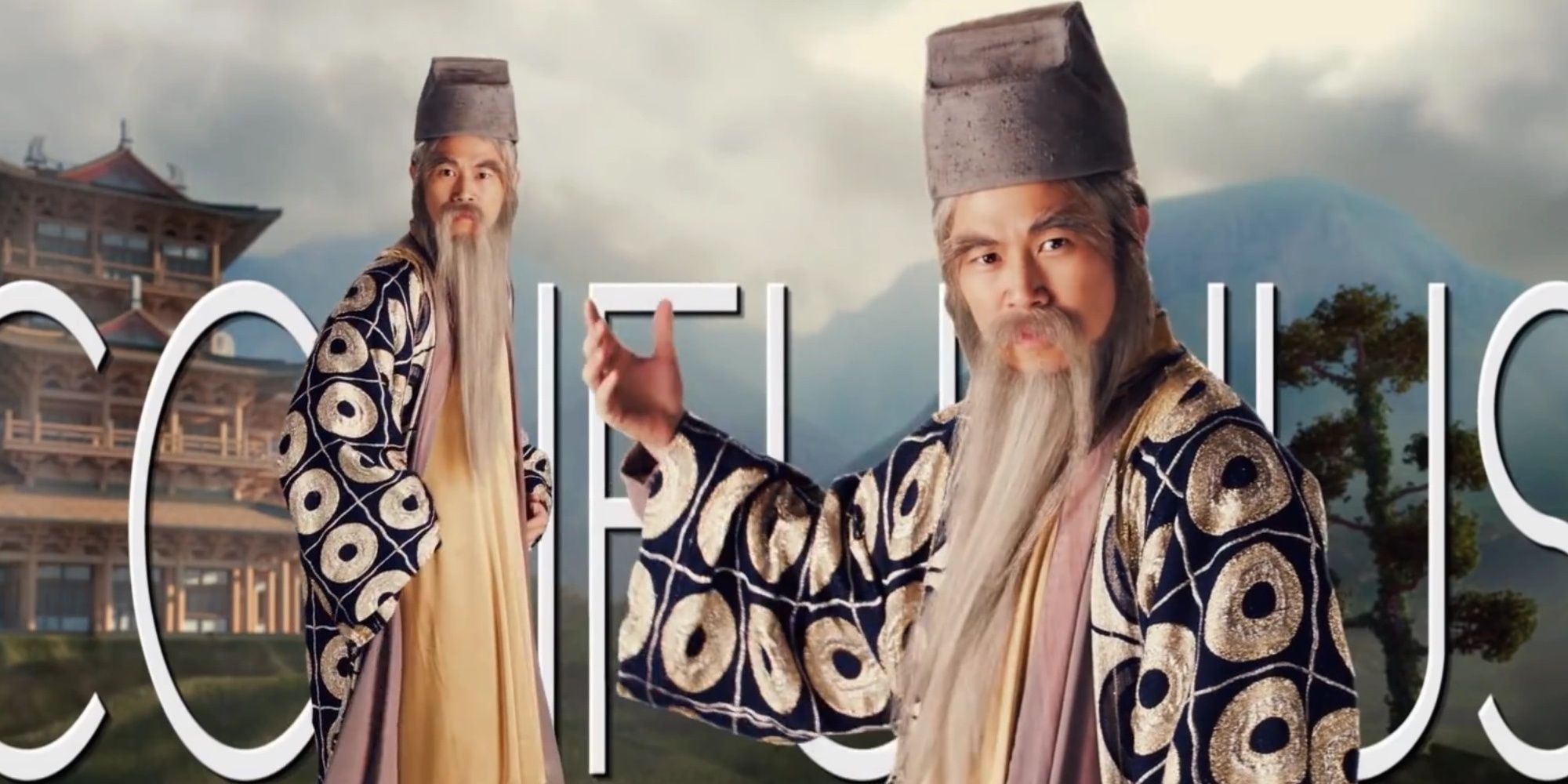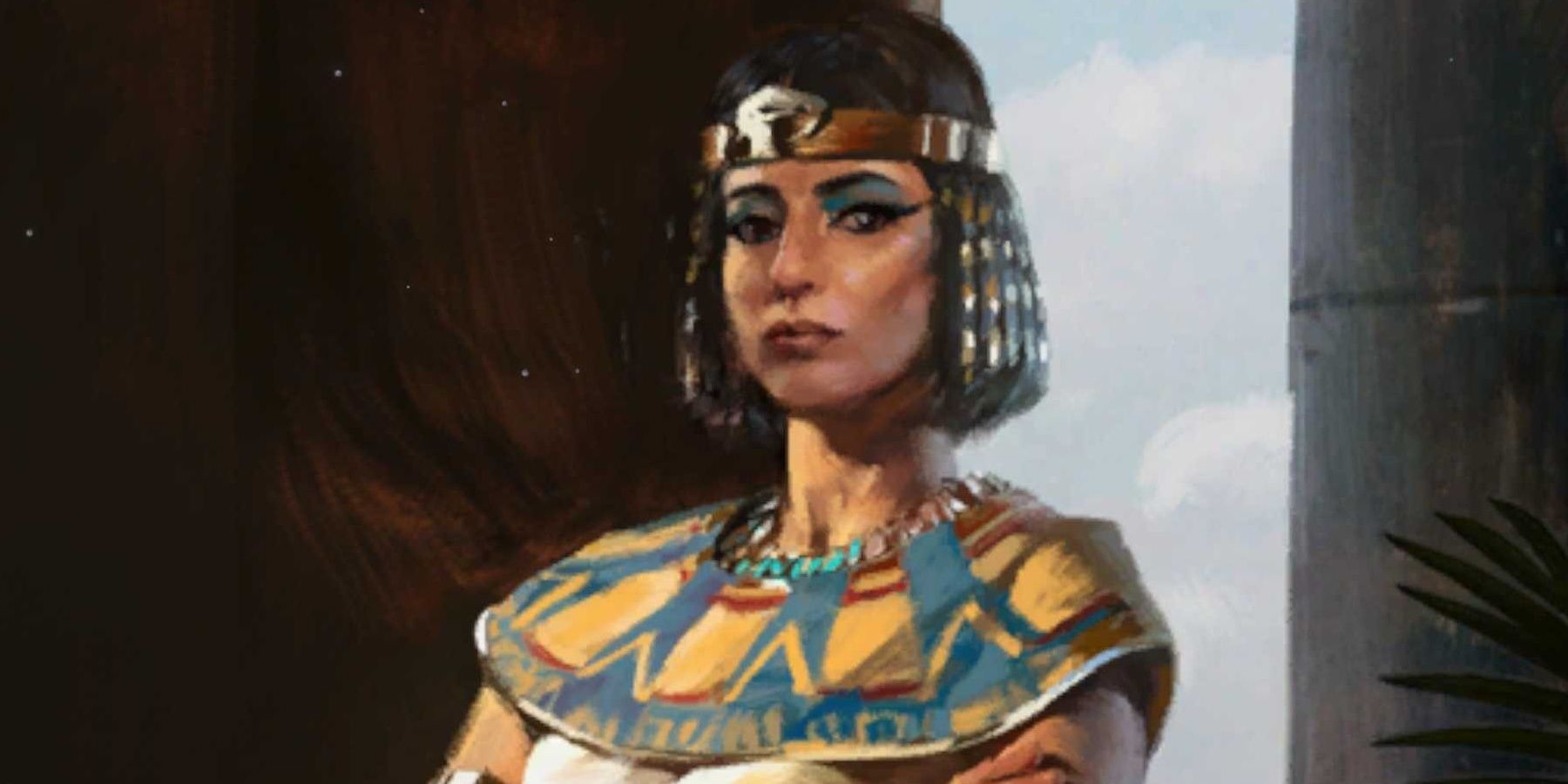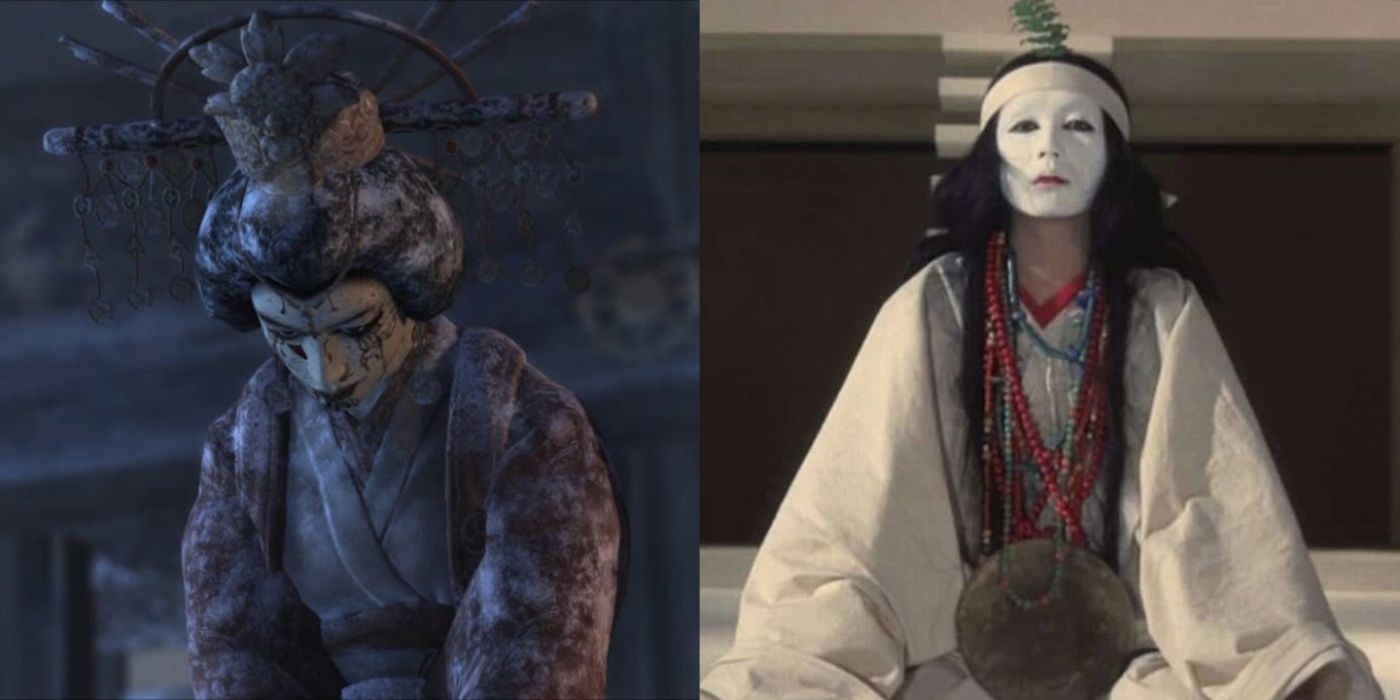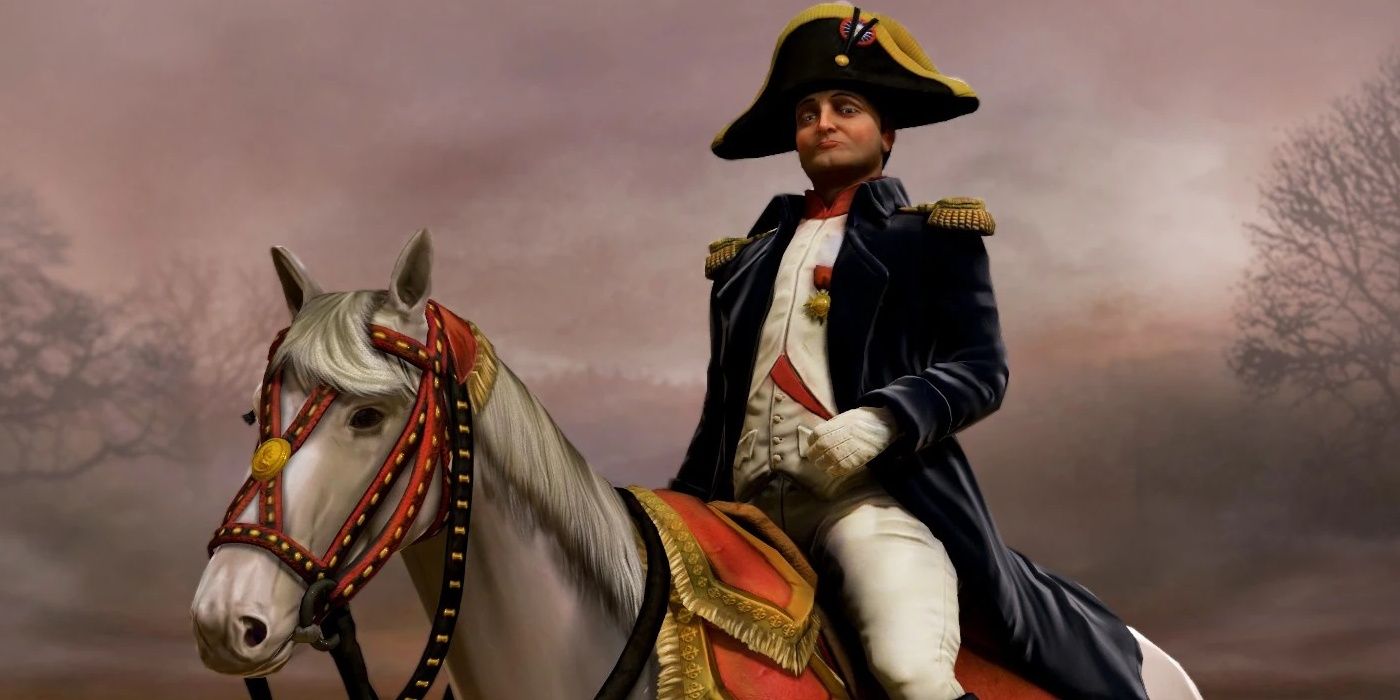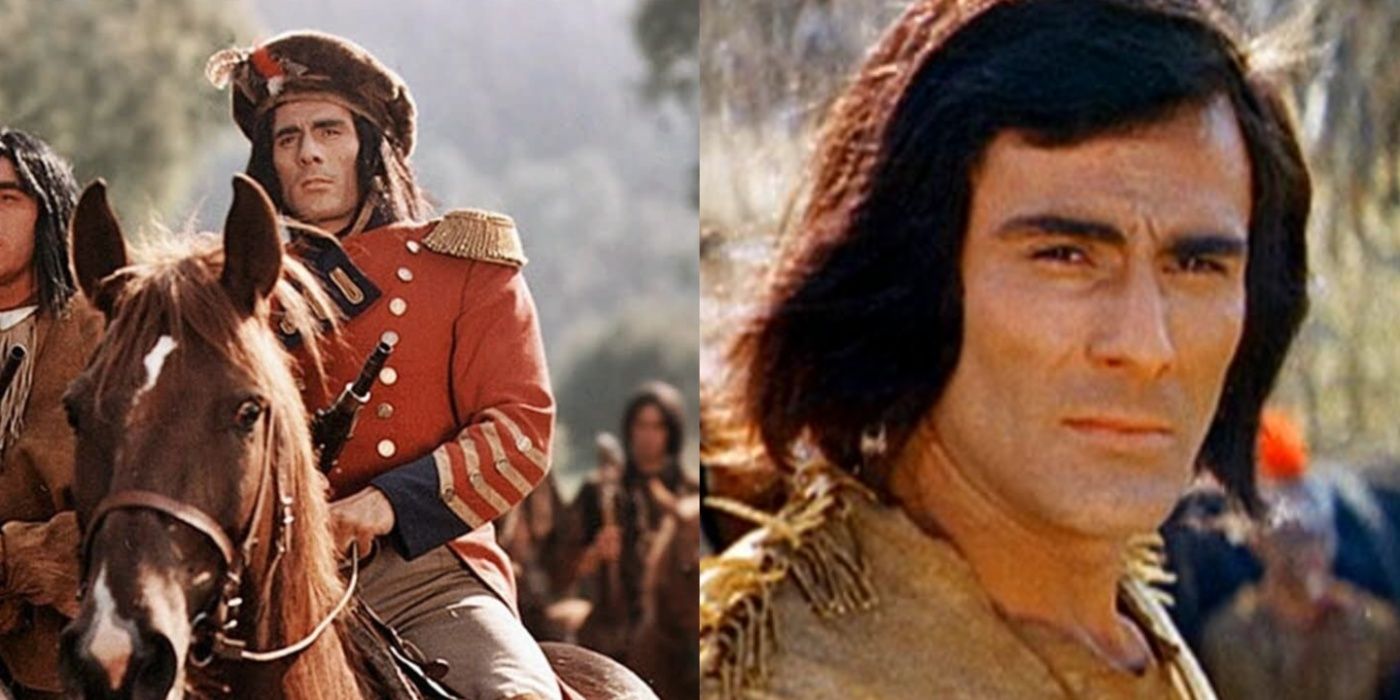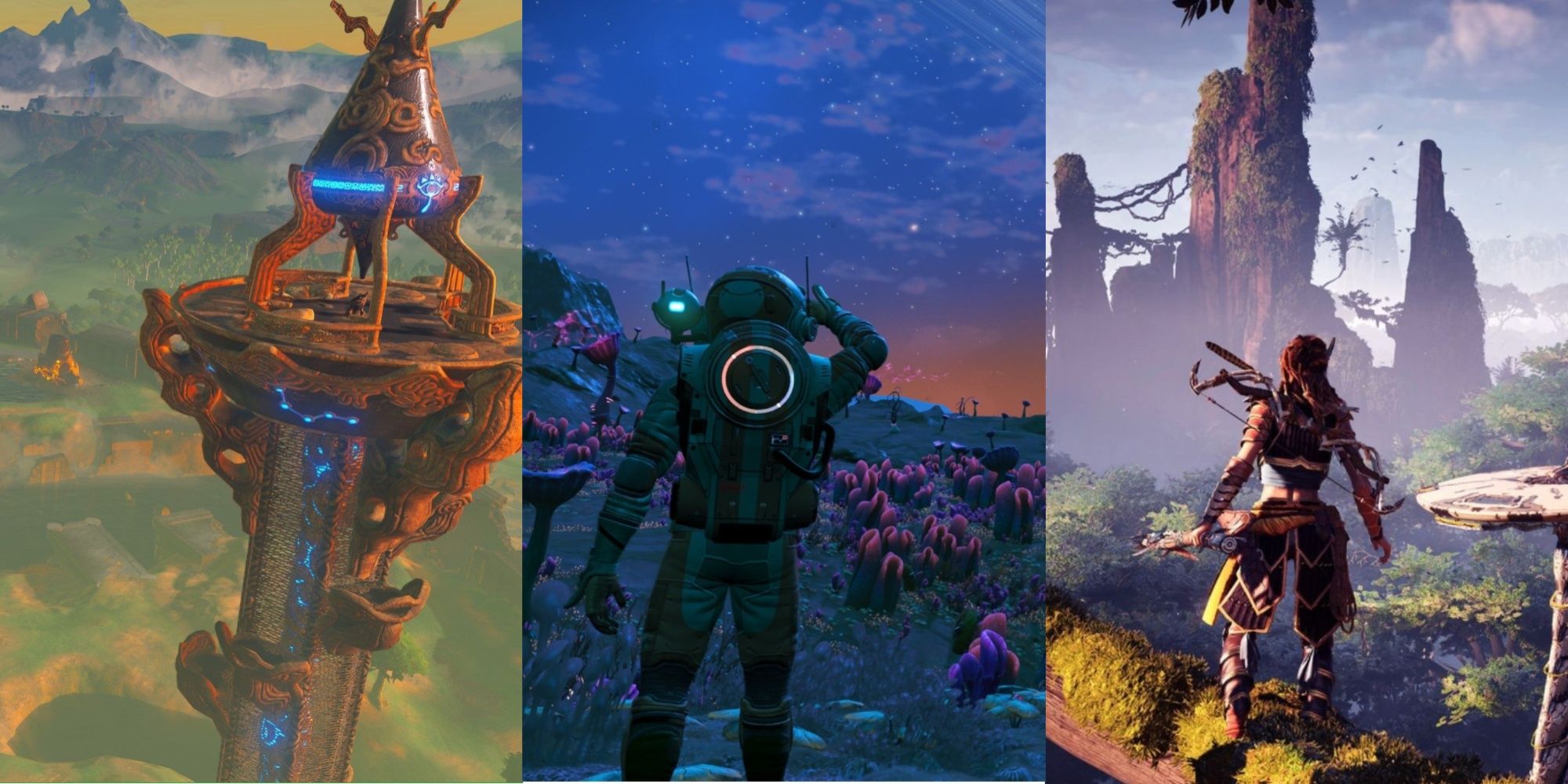Key Takeaways
- Civilization 7 introduces mix-and-match leaders from different civilizations to create unique combinations.
- The game focuses on developing distinct eras and features leaders beyond heads of state, like influential figures.
- Including various leaders like Amina, Ashoka, Benjamin Franklin, Confucius, Hatshepsut, Napoleon, and Tucumseh, offers a diverse and historically accurate gameplay experience.
Gamescom 2024 revealed a lot of interesting information about the latest installment of Sid Meier’s Civilization. This included a few interesting twists to the formula, like how leaders can now be mixed and matched with different civilizations, allowing for wackier combinations. There is also an effort to focus on developing three distinct eras: antiquity, exploration, and modernity, with the player changing their civilization at each point (reflecting the significant changes that inevitably happen to any civilization given enough time). They even revealed a curious decision to expand the range of “leaders” to not only include heads of state, but also influential figures of each civilization. But there is one question that is still pressing on the minds of fans: what leaders will be featured in the game?
The Civilization games have always been structured around players picking a civilization and playing as a real historical leader. Although there have been some consistent patterns, like Abraham Lincoln and Mahatma Gandhi, the series has enjoyed introducing players to less obvious choices. Civilization 6 included leaders from around the world of different genders and ethnicities, and it is fair to assume 7 will have a similarly wide range. While the developers have not offered a lot of detail, the information they have provided has made it possible to identify a few names.
9 Agustus Caesar
First Emperor of Rome
Augustus Caesar was the adopted son of Julius Caesar, and grew up during the strenuous period when Rome was transitioning from a Republic to an Empire. The assassination of Julius proved to be the tipping point, as it created a power vaccuum that caused a Civil War. Ultimately, Augustus proved the better tactician. One by one, he defeated his political enemies until there was no one left to challenge him. He would then complete his rise to power by slowly taking over Rome’s major political institutions until he was effectively a king in all but name. Much of his reign would involve picking up the pieces left over from the previous wars and rebuilding Rome into a more powerful force, with reforms that would become the foundation of the Roman Empire.
Although not his first Civilization appearance (having previously appeared in 5), Augustus is an unusual choice for the series. Many of the games have gravitated towards either Julius Caesar or Trajan. This is probably because Rome was infamous for its range of unhinged emperors who would would definitely not fit the series, and both are often seen as some of Rome’s more level-headed leaders. Of course, while Augustus was by no means “good,” he certainly made a significant impact on Roman history, making him a fitting choice for Rome.
8 Amina
Warrior Queen
Unfortunately, there is not enough information to paint a perfectly reliable picture of Amina, the warrior queen of Zassu (located in what is now Nigeria). A lot of her life has been subject to mythologization, which makes it hard to piece fact from fiction. What is known is she probably lived around the 15th century, and when she became queen, spent the next 34 years conquering the surrounding lands. She was said to be a fierce warrior and expert tactician who rode alongside her soldiers in battle. By the end of her reign, Amina had built a powerful empire. Her military success has made her a figure of legend whose prowess is still remembered today.
Civilization 6 showed a very clear effort to include a wide range of cultures from around the world, including Africa. While the Zulu have been represented since the first game, VI introduced a few other factions, like the Congo and Mali. Now it looks like they’re further expanding the range by introducing Zassu. Amina’s introduction also continues a trend set by 6, which involved a greater effort to represent women leaders of Africa..
7 Ashoka
The Pacifist Emperor
Ashoka had a pretty extraordinary reign leading the Mauryan Empire (located in what is now India). He began as a tyrant who relied on military force to get his way. But that all changed after invading Kalinga. When he saw the destruction that came from his actions, and the blood that was on his hands, Ashoka decided he was going to do everything in his power to avoid committing futher violence. His reign was characterized by a concerted effort at being a benevolent leader, adopting a utilitarian approach to ruling that prioritized the welfare of his people. He would go as far as to convert to Buddhism (an extremely radical move for an emperor at the time) to reinforce his values. Under his rule, the Mauryan Empire reached its peak, and Ashoka remains a beloved figure in India today.
India has been part of Civilization since the original game, but it is interesting to see a greater attempt at diversifying the range of leaders. Just about every game has featured Mahatma Gandhi in the role, though 2 offered Indira Gandhi as an alternative and 6 also included Ashoka’s grandfather Chandragupta Maurya. This indicates an effort to bring something new. Also worth noting is 7 appears to recognize the Mauryan Empire as a distinct civilization from India, further reinforcing the sense of Ashoka as his own person instead of an alternative option.
6 Benjamin Franklin
America’s Quirky Founding Father
Benjamin Franklin is an interesting choice. Previous games have usually selected a president for the American leader. The go-to is usually Abraham Lincoln, though George Washington and both Roosevelts have been used at different times. However, with 7’s decision to broaden the definition of “leader,” the developers have evidently decided to experiment with a very influential figure instead of a literal head of state. There is not a lot of information to go on yet, but given his reputation, it would make sense for Benjamin Franklin to be portrayed as a scientific leader.
5 Confucius
The Philosopher Who Shaped a Culture
Admittedly, information about Confucius himself is sparse and a lot of the information that is available comes from much later sources of questionable reliability. What is known is he was living at a time when China was fractured into a bunch of smaller states that were constantly at odds with one another. Civil Wars and political coups were everyday occurrences. This, combined with the observations of corrupt leaders at the time, fueled an interest in understanding what makes an ideal leader. Confucianism became a complex and multi-faceted philosophy containing both practical and spiritual aspects, but in its simplest form it argued that a good leader ruled by example, not through fear. Despite an effort to destroy his work by Emperor Qin Shi Huang, many of Confucius’s teachings would be recorded by his disciples and ultimately find their way to a state level where they would be embraced by the elite.
Confucius is an interesting choice as he is not what would conventionally be understood as a “leader.” However, it does make sense with the developers’ interest in expanding the definition to include extremely influential figures in addition to heads of state. Confucius was an extremely impactful figure on Chinese history, not only from a philosophical but also from a cultural perspective. His work is credited with single-handedly shaping much of Chinese culture, so setting him up as a cultural leader is consistent with his legacy.
4 Hatshepsut
The Great Woman Pharoah
Hatshepsut ruled Egypt between 1479-1458 BCE, and although she was meant to be a temporary regent until her son Thutmose III came of age, she ended up being the earliest woman on record to hold the title of Pharoah. Her reign saw a massive boom in Egypt’s economy, especially after one particularly successful expedition to somewhere called Punt (thought by historians to be located somewhere to the south). She also saw the construction of some architectural marvels, including the Djeser Djeseru which still stands today. Despite a later attempt to erase her from the historical record (the exact reasons for which are still disputed), she would have a significant impact on Egyptian culture as one of its greatest leaders.
Hatshepsut has previously appeared as a leader twice. She was playable for one scenario in 3 and Egypt’s leader in 4. Most of the Civilization games have favored Cleopatra or Ramses II for the Egyptian leader, so it will be nice to get a different face in 7.
3 Himiko
Legendary Queen of Ancient Japan
There isn’t a huge amount of information on Himiko, and a lot of what does exist comes from biased Chinese sources. She was said to rule a kingdom called Yamatai, though its exact location has never been definitively identified. The specifics of what went on during Himiko’s reign are harder to identify for certain, but she was said to be both a queen and a shaman, making her both a political and a religious leader. She was also reportedly known for her diplomacy and rarely if ever went to war with her neighbors.
Himiko was first revealed in the Nintendo Direct trailer, which revealed her to be a leader intended for players who were more interested in diplomacy over violence. Her inclusion in Civilization 7 is also a chance to offer a very different take on the queen compared to her last video game appearance in 2013’s Tomb Raider Reboot. That game portrayed her as a supernaturally-powered tyrant who used body-swapping rituals to stay in power. Civilization 7 has a chance to set the record straight with something much closer to the real Himiko.
2 Napoleon Bonaparte
The Legendary French Imperialist
Napoleon Bonaparte is perhaps one of the most iconic of Civilization 7‘s current lineup. Napoleon began his career in the French Revolution, but his real fame would come when he rose to emperor in the early 19th century. Over the following years, he would launch a series of military campaigns steamrolling through most of Europe and building the French Empire, at least until he tried to invade Russia. He would then meet his match against the Duke of Wellington at the Battle of Waterloo, which finally brought his empire tumbling down. Although Imperial France was short-lived, lasting just a little over a decade, it would leave a lasting impact. Napoleon’s battle tactics would inspire many later generals and continue to be studied today.
Napoleon is no stranger to the Civilization games. He’s appeared in several previous titles in one form or another, though 6 demoted him to a great general instead of a playable leader. Seeing him returning to that position definitinitely feels like a return to form. The gameplay showcase also revealed players could get two unique “personas” for Napoleon, Emperor and Revolutionary by subscribing to the Civilization 7 newsletter and linking their 2K account to the game.
1 Tucumseh
The Indigenous Freedom Fighter
Growing up while the American Revolution was in full swing, Tucumseh witnessed first-hand the impact it had on Native Americans, but it also inspired him to try a revolution of his own. He had an ambitious goal: uniting Indigenous people from across America into a resistance against the colonization of their land, with the ultimate goal of creating an independent nation. Unforunately, this proved easier said than done, and his efforts put him in the crosshairs of Indiana governor and future president William Henry Harrison. Tucumseh managed to lead a strong resistance for a while, before his movement was defeated by Harrison. But he would get a chance at payback when he sided with the British in the War of 1812, during which he scored several major victories until relations between them began to crumble. He eventually died in a skirmish with American soldiers where he fought to the end.
The appearance of Tucumseh continues a pattern set by 6, where the games have started to make a point of including individual tribes as civilizations led by Native American leaders, first Poundmaker of the Cree, now Tucumseh of the Pawnee. It will be interesting to see if any other indigenous groups are included in 7.
Tucumseh is available as a bonus leader to players who pre-order Civilization 7. Whether he will be available after the game’s release is unclear.
/cdn.vox-cdn.com/uploads/chorus_asset/file/25749920/247391_WOYD_PHOTO__CVirginia_1.jpg)

